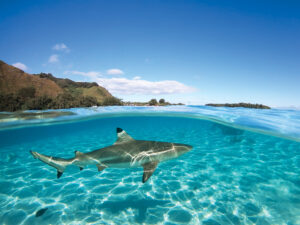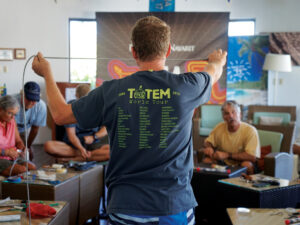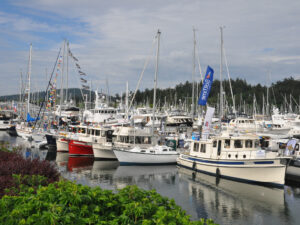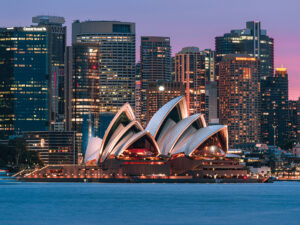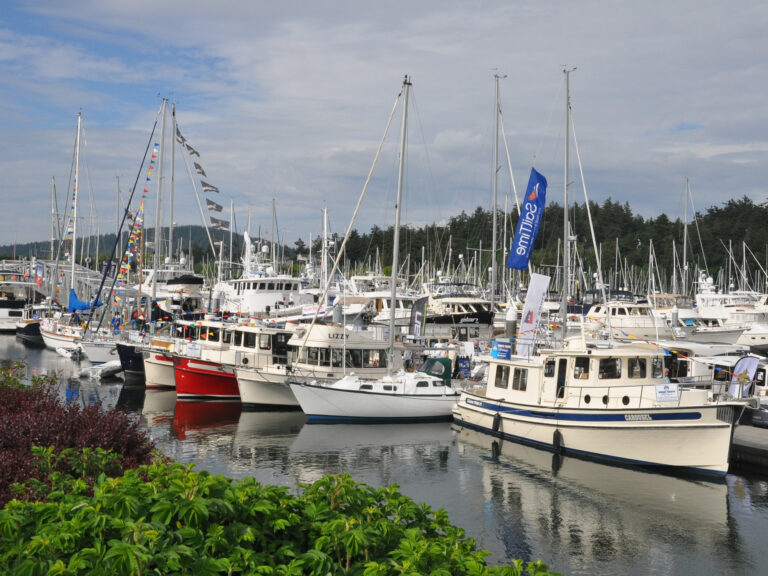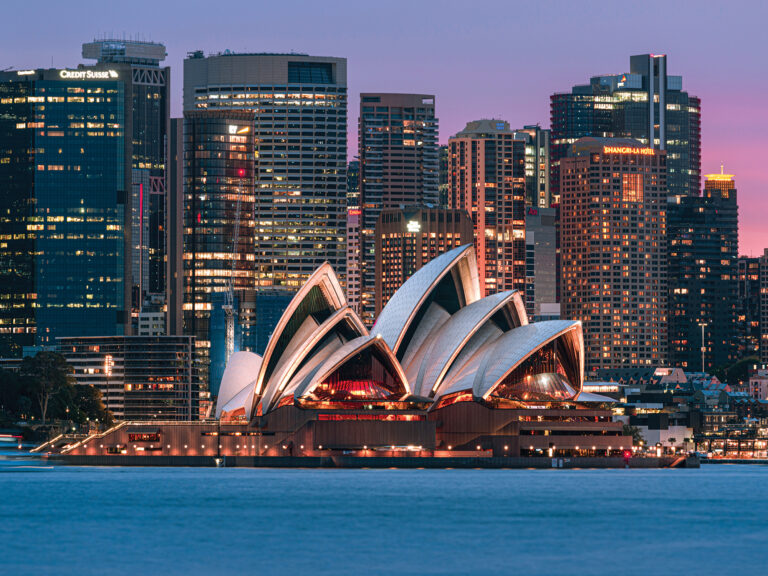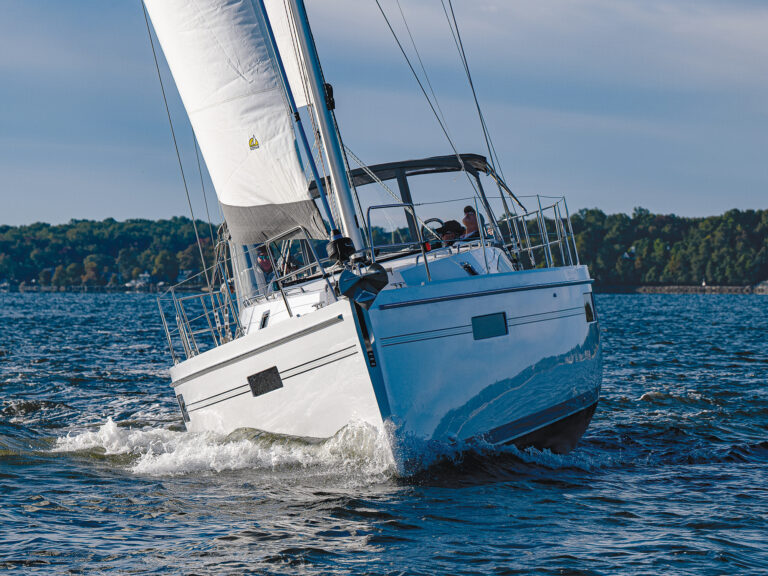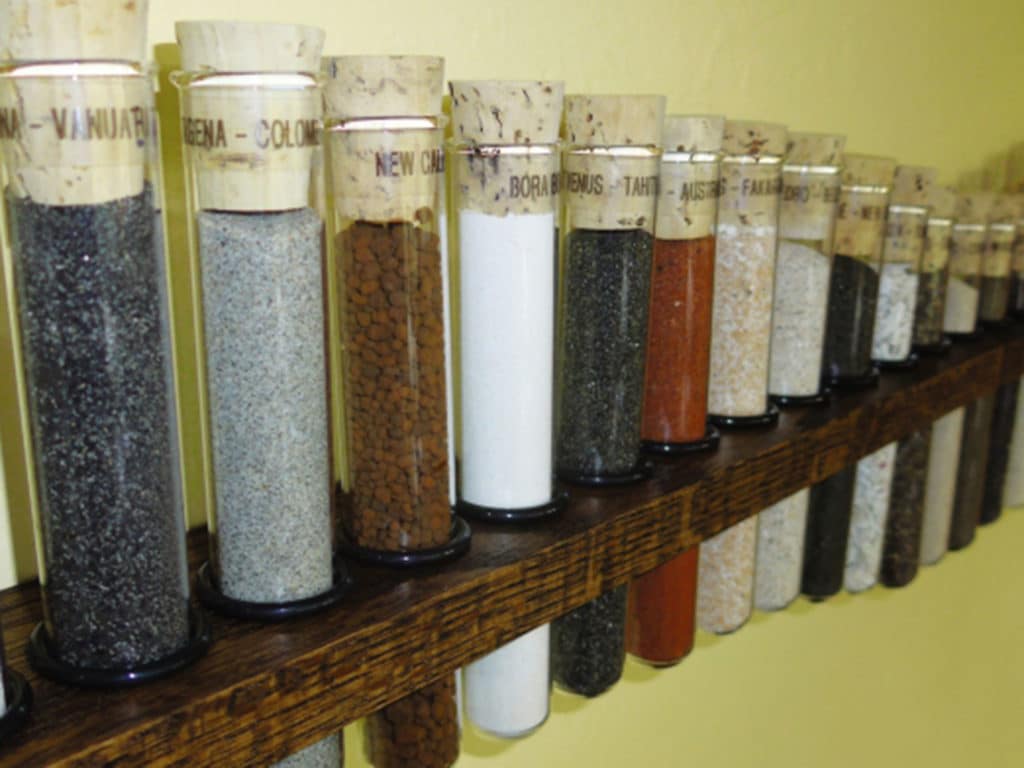
It took 13 years to prepare this project, which began on Block Island in summer 2007 and finished this year in the US Virgin Islands. I’m not entirely certain where the inspiration to collect sand came from, but once it began, it turned into a quest that continued around the world—for 4,697 days and across all four hemispheres.
It wasn’t always easy. On one occasion, after scanning our luggage, an X-ray revealed to excited Turkish baggage inspectors a suspicious bag of powder stuffed deep inside my shoe. I had entirely forgotten the sand was there, which made the officials seem all the more eager, while giving me an annoying air of innocence, perhaps like an unsuspecting drug mule. When the bag was eventually opened, it was unanimously agreed to be the worst quality cocaine they had ever seen. In Indonesia, an encounter with wild saliva-dripping Komodo dragons not only came close to dramatically interrupting the project, but also very nearly our entire voyage. And while not as exciting, we almost forgot to gather a little of the Galapagos—try sailing back from Tahiti, which is no easy task.
RELATED: A First Cruising Adventure in French Polynesia
From Block Island to Bora Bora, Colombia to the Cook Islands, Thailand to Turkey, Greece to Guadeloupe—since we returned to America, my wife, Catherine, and I have decanted each tiny zip-close bag into tubes, labeling each one with the location and date of our arrival. We’ve visited 42 countries on our world voyage but gathered sand (a small salt shakers’ worth per location) from only the countries we raised from Dream Time, our 1981 Cabo Rico.
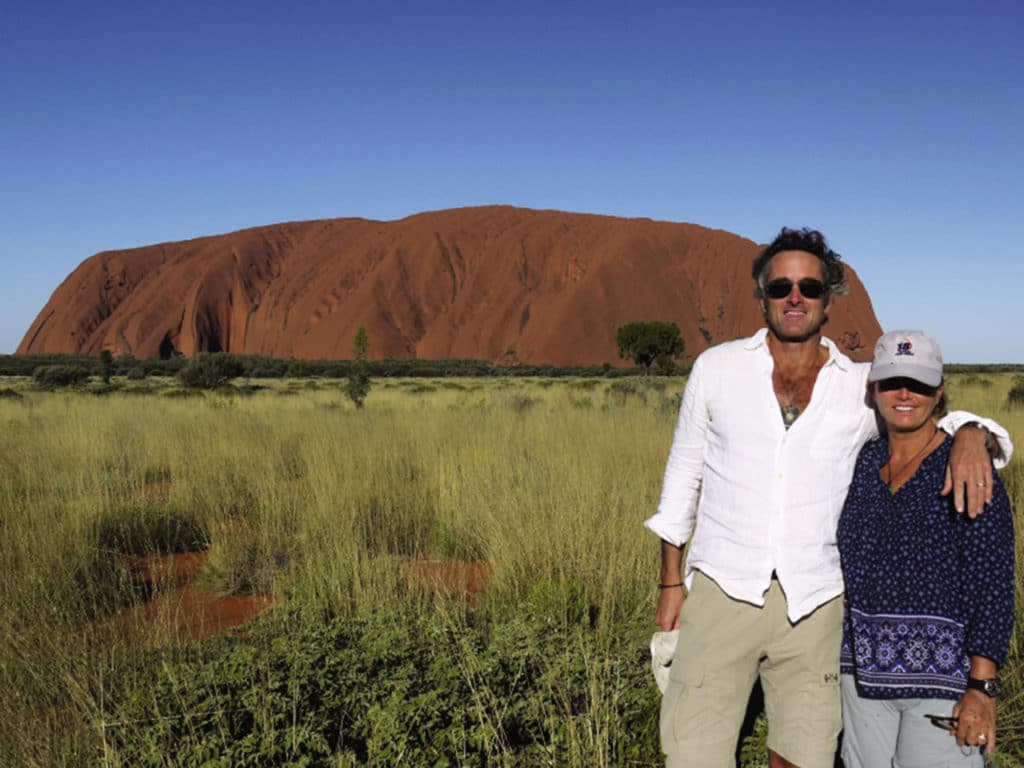
The winner of the whitest, finest sand goes to Bora Bora, gathered from under the keel at the bottom of the world-famous lagoon declared by Capt. Cook in 1769 to be the “pearl of the Pacific.” The blackest sand came from a remote, surf-swept beach in Cape Verde after a two-hour hike that began long before the sunrise. The reddest is from the center of Australia near a sunbaked Uluru, with New Caledonia rating a close second, which is not surprising considering 65 million years ago they shared the same continent.
On an epic and humbling timeline, we have collected evidence of our changing world—from grainy volcanic ash recently and violently spewed from the bowels of the earth at Mount Etna, to the soft, powdery discharge from schools of busy, coral-gnawing parrotfish contributing to the shoreline of a remote South Pacific atoll.
Because we are currently in Florida, we have yet to actually close the loop. (New York was our starting line, so we might actually have an opportunity to add a few more souvenirs to the collection before we officially circumnavigate.) But for now, at least, as we attempt to settle back into land life during a time of such uncertainty and confusion, there is a small comfort to be had organizing grains of sand, one country at a time, and at least, in our own way, creating a little order to our changing world.

